Useful properties of blackberries
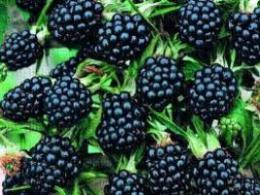
Blackberry is a thorny shrub that has biennial shoots and perennial rhizomes. Blackberries bloom in the first half of summer, fruits appear in late summer or early September.
Blackberries contain minerals, fiber, vitamins, sugars, organic acids, pectin, and tocopherols. The leaves are rich in vitamin C, amino acids, tannins, and minerals. The beneficial properties of blackberries are multifaceted; blackberries have a positive effect on most organs of the body, providing a healing and strengthening effect.
Blackberries strengthen the immune system and normalize metabolism. Due to bioflavonoids, blackberries have antipyretic properties. Blackberries have a positive effect on the digestive system. It is recommended to be used for pathologies of the stomach and intestines. Blackberries are also used for kidney diseases, respiratory diseases, joint inflammation and diabetes. Fresh blackberries improve brain function, activate thinking and memory. Blackberries have a beneficial effect on the nervous system, reduce excitability and normalize sleep.
Blackberry leaves have anti-inflammatory, diaphoretic, wound-healing, astringent, blood purifying and diuretic effects. A decoction of the leaves is used for anemia, gastritis and poisoning.
Blackberries can be used fresh; you can prepare juice from the leaves and berries, decoctions and infusions from the leaves and roots.
The beneficial properties of blackberries can be used to treat diseases, as well as to prevent and strengthen the immune system.

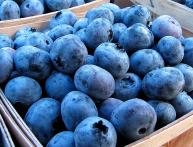
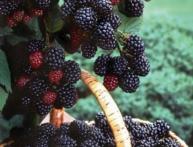
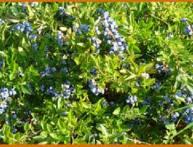
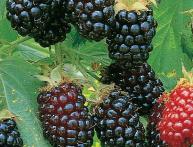

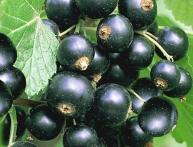
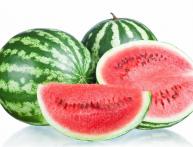
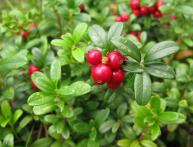
Comments
I know that many people grow blackberries in the garden. It tastes amazing. And I still like the wild one better. It has a unique sourness.
Honestly, I’ve never tried this berry, and it doesn’t seem to grow here. and in stores it is only frozen, I think that it has few useful properties than fresh.